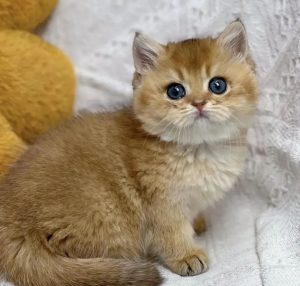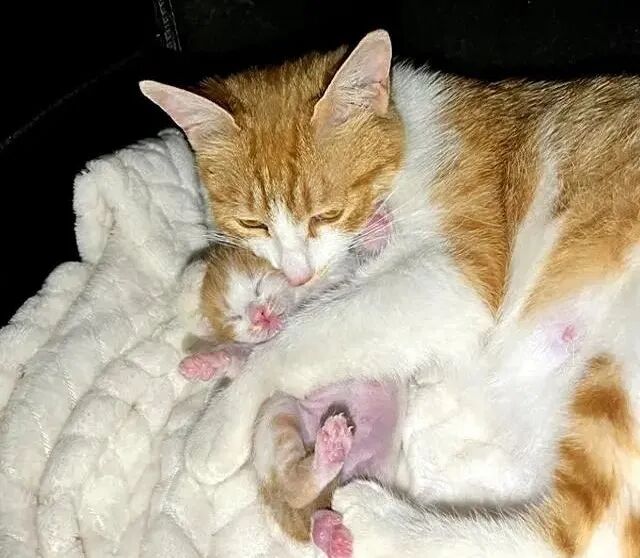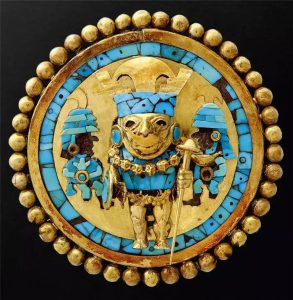“My cat left its mother at three months old. If they meet their biological mom now, will they recognize her?””I’ve heard male cats are like bad boys—does a cat dad even recognize his own kittens?”Have you ever asked yourself these soul-searching questions? Today, let’s dive into the emotional logic of a cat’s memory and family bonds—the answer might just make you laugh and cry at the same time!
-
Cat’s Emotional Memory: A Brief Spark
Cat dads? Not a thing! Male cats have virtually zero involvement in raising their kittens. They neither care for them nor form any emotional bonds. From birth, kittens have no concept of who “Dad” is—after all, this absent father has never even changed a diaper. Studies show that in wild cats, the father may even attack the kittens. While domestic cats are a bit gentler, the first reaction of a male cat upon smelling kitten scent is often: “Can I eat this furry ball?” As for a cat’s memory of their mother, it’s like a magic trick—existing only during the critical socialization period between 2–16 weeks. Once separated, the memory is almost wiped clean—kittens can recognize their mother’s unique call from birth, and through the close bond formed during nursing, they remember her scent. However, if separated before 3 months, most kittens start forgetting after just one week; after 4 months, they might even hiss or fight when reunited—this isn’t “disrespect,” it’s just that the mom is now perceived as a rival, like any other strange cat!

-
You Are Their Forever “Mom”
After a kitten leaves its biological mother, you, the one who feeds them, brushes their fur, and cuddles them at night, will quickly become their “new mom.” The purring sound as you brush their fur seems to remind them of the security of their mother’s grooming. The sound of your voice calling them echoes like the “dinner bell” from when they were young. Research has shown that cats actually form stronger attachments to their human owners than to their biological mothers! After all, you can stay with them for a lifetime. As the saying goes, “You give a cat a bowl of food, it remembers you for three days; you give it a home, it will repay you for life.”
-
Scientific Cat Care: How to Become Their One and Only
The golden period for a cat’s memory is between 2–7 weeks of age. During this time, feeding them by hand helps them associate your scent with a sense of security. From 4–6 months, engaging in interactive play is crucial. Spend 20 minutes each day using a cat teaser to simulate “hunting lessons” (the job of a mother cat!). When you’re away, leave behind a piece of your old clothing. Your scent is far more comforting than a video call—after all, in a cat’s mind, the you on the screen is just a talking piece of paper.
What kind of cat do you have at home? Have they ever exhibited any “I think you’re my mom” behavior that left you puzzled? Feel free to share your thoughts, photos, and stories in the comments section—let’s exchange tips and experiences about raising cats. While cats may forget their biological parents, they will never forget you—the one who opens cans of food in the middle of the night, the one who warms their bed in winter, the one who’s laughed and cried with them. Because for a cat, “bloodlines” are like expired milk, but “companionship” is the forever cat treat.





